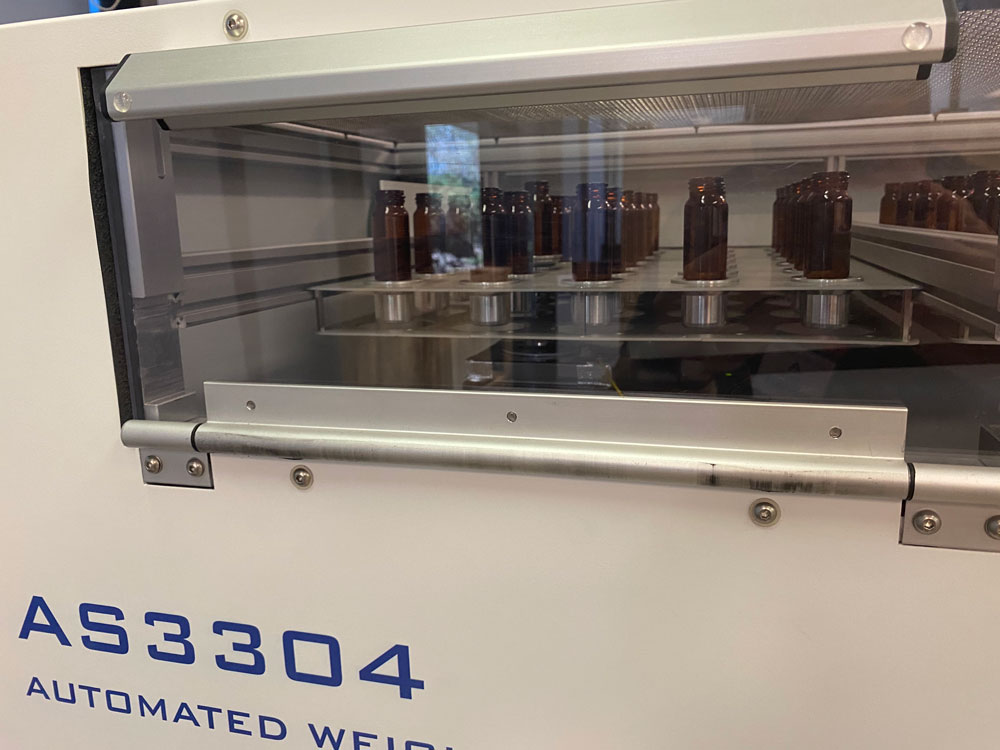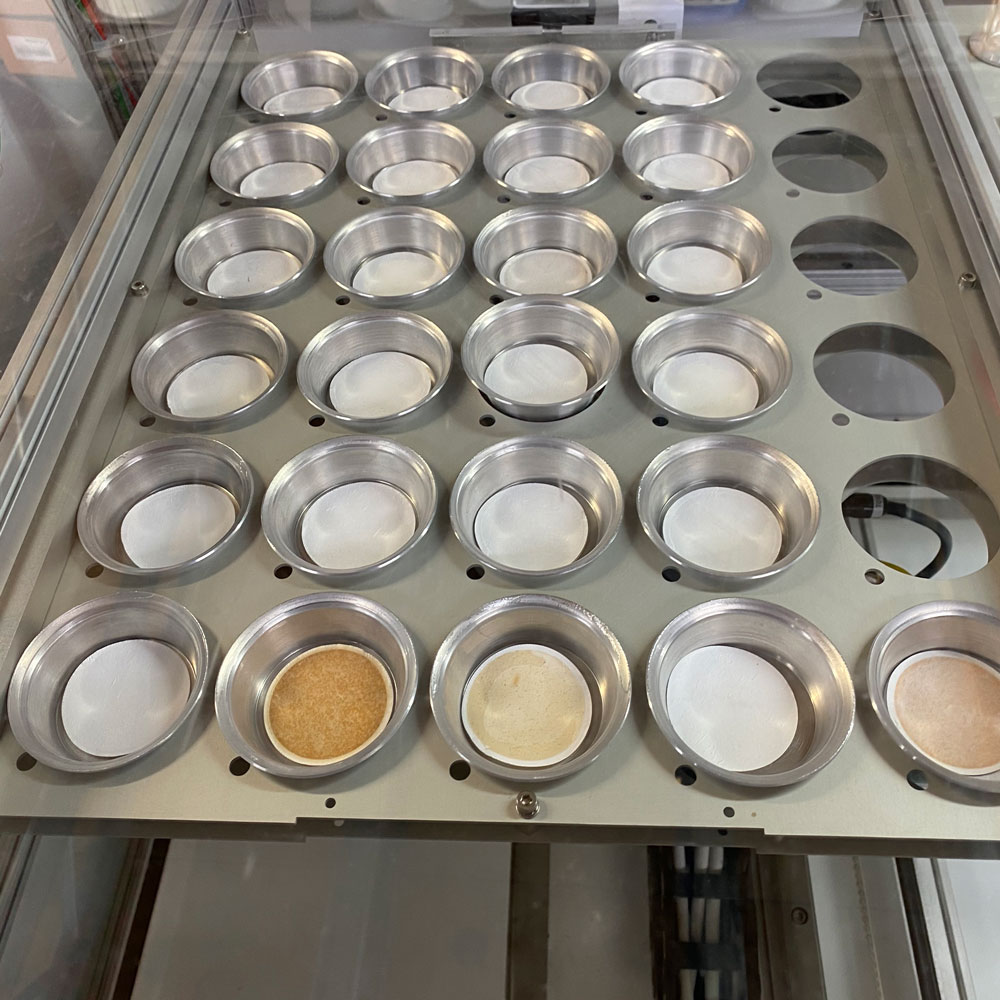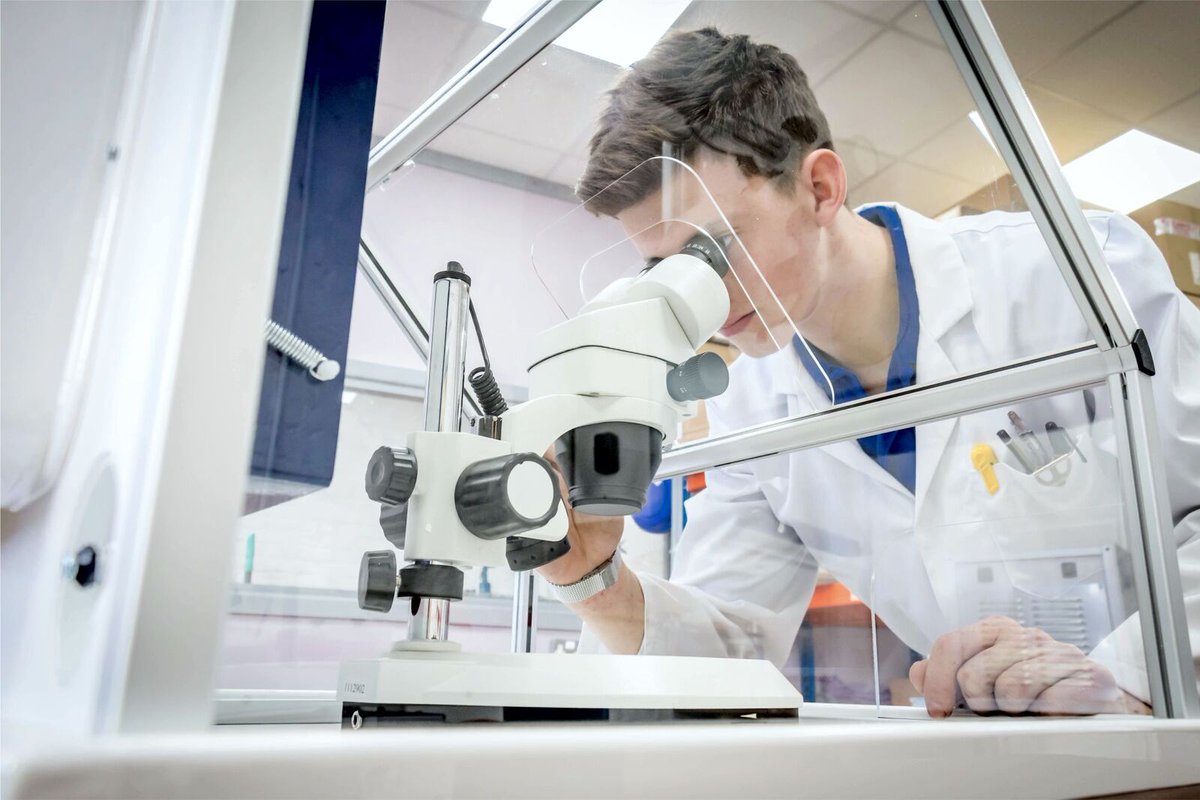
What are Total Dissolved Solids? Total Dissolved Solids or TDS, is a measure to identify the total soluble solids within a solution. The test is usually performed on drinking water as a high total dissolved solids measurement (greater than 500mg/l) can be harmful for human consumption. Total dissolved solids do not include gases, colloids, or sediment, but consist chiefly of Carbonates, bicarbonates, Chlorides, Sulphates, Phosphates, and Nitrates of Calcium, Magnesium, Sodium, and Potassium, with traces of Iron, Manganese and other elements.
Read more

Why Measure Suspended Solids? The measurement of suspended solids or total suspended solids is to quantify the quality of various aqueous treatment processes and for testing of wastewater quality. The level of suspended solids in water and wastewater effect the quality of water and how it can be used. It is important in some industrial processes to accurately measure the suspended solids for determining the effectiveness of the control process being employed.
Read more

Weighing and measurement find applications in almost every industry. It is an extensive process that involves substantial human effort, time, and resources for execution. That’s where automated weighing system solutions come to your rescue. The automated weight-based control helps address many of the issues encountered with manual weighing. These are the high-precision weighing systems that ensure higher productivity, greater efficiency, and consistency of results. Additionally, the balances used in these systems don’t physically contact the products being measured which helps prevent the risk of sample contamination.
Read more

Waysafe 2 is used by many asbestos analysis laboratories Waysafe 2 enclosures are principally for use with stereo microscopes like those shown in the pictures. They have a HEPA filter with a pre-filter and a powerful fan to draw contaminated air away from the operator.
Read more




